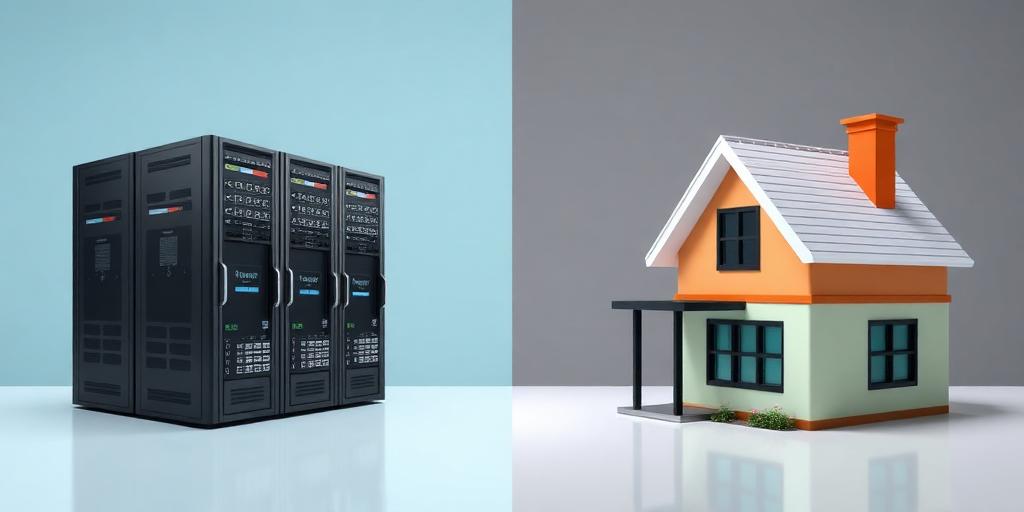When it comes to web scraping, choosing the right type of proxy is crucial for success. Two of the most common options are datacenter proxies and residential proxies. While both serve the purpose of masking your IP address, they have distinct characteristics that make them suitable for different use cases. Understanding these differences is essential for ensuring your scraping activities are effective and avoid being blocked.
What are Datacenter Proxies?
Datacenter proxies originate from data centers, which are facilities housing servers and networking equipment. These proxies are typically fast and reliable, making them a popular choice for various online activities.
Key Features of Datacenter Proxies:
- Speed: Datacenter proxies generally offer high speeds due to the robust infrastructure of data centers.
- Cost-Effectiveness: They are often more affordable than residential proxies.
- Reliability: Data centers provide stable and consistent connections.
- IP Addresses: Datacenter proxies use IP addresses that are not associated with real users, making them easier to detect.
What are Residential Proxies?
Residential proxies, on the other hand, use IP addresses assigned to real residential locations. These IP addresses are provided by Internet Service Providers (ISPs), making them appear as if they belong to legitimate users.
Key Features of Residential Proxies:
- Legitimacy: Residential proxies are seen as more legitimate by websites, reducing the risk of being blocked.
- IP Diversity: They offer a wide range of IP addresses from different locations.
- Anonymity: Residential proxies provide a higher level of anonymity since they are associated with real users.
- Cost: Residential proxies are generally more expensive than datacenter proxies.
Key Differences Between Datacenter and Residential Proxies
| Feature | Datacenter Proxies | Residential Proxies | | :-------------- | :-------------------------------------------------- | :-------------------------------------------------- | | Source | Data centers | Internet Service Providers (ISPs) | | IP Addresses | Non-residential | Residential | | Speed | High | Moderate to High | | Cost | Lower | Higher | | Detection Risk | Higher | Lower | | Anonymity | Lower | Higher |
Use Cases for Datacenter Proxies
- High-Speed Data Transfer: Ideal for tasks that require fast data transfer, such as downloading large files.
- Basic Web Scraping: Suitable for scraping websites that do not employ advanced anti-bot measures.
- SEO Monitoring: Useful for tracking keyword rankings and monitoring search engine results.
Use Cases for Residential Proxies
- E-commerce Scraping: Essential for gathering data from e-commerce sites that employ sophisticated bot detection techniques.
- Social Media Automation: Effective for managing social media accounts and automating tasks without being flagged.
- Ad Verification: Useful for verifying the placement and performance of online ads.
Choosing the Right Proxy for Your Needs
The choice between datacenter and residential proxies depends on your specific requirements and the nature of the websites you intend to scrape.
- Budget: If you have a limited budget, datacenter proxies may be a more viable option.
- Target Websites: If you are scraping websites with robust anti-bot measures, residential proxies are the better choice.
- Anonymity Requirements: If anonymity is a top priority, residential proxies provide a higher level of protection.
Conclusion
Understanding the differences between datacenter and residential proxies is crucial for successful web scraping. Datacenter proxies offer speed and cost-effectiveness, while residential proxies provide enhanced anonymity and a lower risk of being blocked. By carefully considering your specific needs and the characteristics of your target websites, you can choose the proxy type that best suits your requirements and ensures your scraping activities are both effective and compliant.









